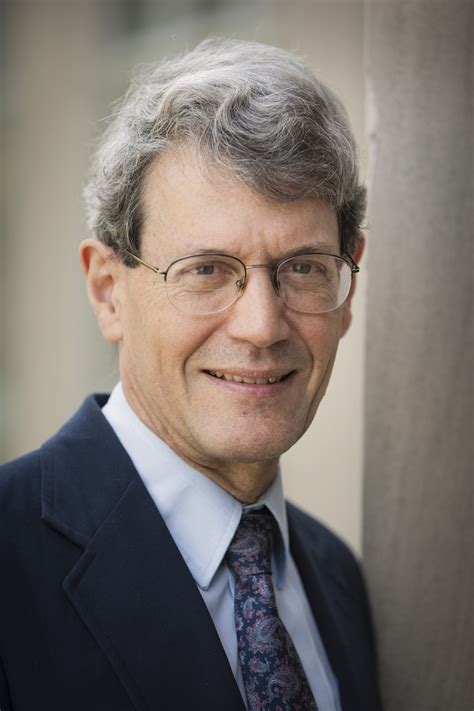A Quote by Barbara Brown Taylor
The effort to untangle the human words from the divine seems not only futile to me but also unnecessary, since God works with what is. God uses whatever is usable in a life, both to speak and to act, and those who insist on fireworks in the sky may miss the electricity that sparks the human heart.
Related Quotes
There is a warning here for true pilgrims. Beware of the talker, but also be careful not to judge too quickly those whom God has blessed with both genuine grace and a fluency to speak of divine mercy in ways more eloquent than others. The proof is in the life-not a perfect life, but a life that both delights in divine truth and magnifies God, the only giver of the sovereign grace that always produces the truly fruitful, fragrant life.
For not by art does the poet sing, but by power divine. Had he learned by rules of art, he would have known how to speak not of one theme only, but of all; and therefore God takes away the minds of poets, and uses them as his ministers, as he also uses diviners and holy prophets, in order that we who hear them may know them to be speaking not of themselves who utter these priceless words in a state of unconsciousness, but that God himself is the speaker, and that through them he is conversing with us.
Because the Christian God is not a lonely God, but rather a communion of three persons, faith leads human beings into the divine communion. One cannot, however, have a self-enclosed communion with the Triune God- a "foursome," as it were-- for the Christian God is not a private deity. Communion with this God is at once also communion with those others who have entrusted themselves in faith to the same God. Hence one and the same act of faith places a person into a new relationship both with God and with all others who stand in communion with God.
GOD made my life complete when I placed all the pieces before him. When I got my act together, he gave me a fresh start. Now I'm alert to GOD's ways; I don't take God for granted. Every day I review the ways he works; I try not to miss a trick. I feel put back together, and I'm watching my step. GOD rewrote the text of my life when I opened the book of my heart to his eyes.
God felt, God tasted and enjoyed is indeed God, but God with those gifts which flatter the soul, God in darkness, in privation, in forsakenness, in sensibility, is so much God, that he is so to speak God bare and alone. Shall we fear this death, which is to produce in us the true divine life of grace?
The God of the Hebrews is a God that human language, we're not even supposed to speak the holy name. We were told in the Second Commandment we could make no images of this God, and I don't think that means just building idols, I think that means also trying to believe you've captured God in your words, in the Creeds, in the Scriptures.
God is not a Christian, God is not a Jew, or a Muslim, or a Hindu, or a Buddhist. All of those are human systems which human beings have created to try to help us walk into the mystery of God. I honor my tradition, I walk through my tradition, but I don't think my tradition defines God, I think it only points me to God.
The Bible is all God's speech, as well as all mediated through human writers who wrote the individual books. It's a mistake to try to separate passages into a divine piece and a human piece. Rather, we should treat the Bible for what it is: divine and human all the way through. Of course God can quote human sinful speech, or describe human sinful actions, without implying that he approves them.
Sartre is one example of someone who does just this. Every text is, after all, a human document and whatever Kierkegaard thought about God was clearly a matter of human thought that can, in principle, be retrieved and interpreted by other human beings. A phenomenological approach to religion must, it seems to me, adopt the old adage: nothing human is alien to me.
If prayer stands as the place where God and human beings meet, then I must learn about prayer. Most of my struggles in the Christian life circle around the same two themes: why God doesn't act the way we want God to, and why I don't act the way God wants me to. Prayer is the precise point where those themes converge.
I need to learn. Joy is at the heart of God's plan for human beings. The reason for this is worth pondering awhile: Joy is at the heart of God himself. We will never understand the significance of joy in human life until we understand its importance to God. I suspect that most of us seriously underestimate God's capacity for joy.





































